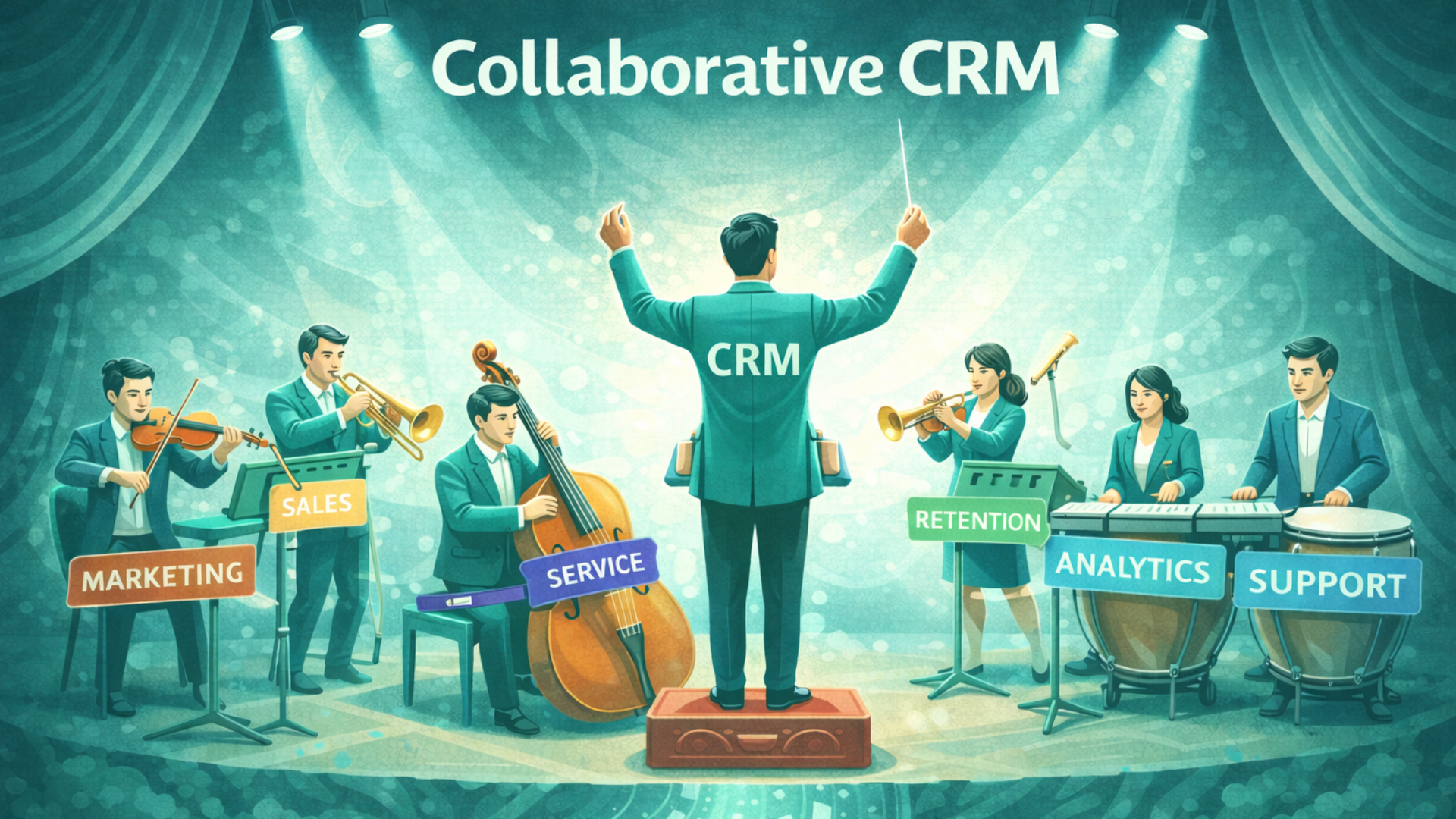

Managing sales today goes beyond tracking a few calls or follow-ups. With conversations happening across emails, calls, and chats, it’s easy for things to get missed. That’s where a CRM helps- it keeps everything organised, reminds you of what’s next, and makes selling smoother.
In this blog, we’ll look at how a CRM simplifies daily sales activities and helps teams stay consistent and focused.
Why use a CRM for managing sales activities?
- Centralised database for all customer interactions
- Automation of routine tasks
- More visibility for managers
- Better sales forecasting and productivity
Key CRM features for managing sales activities
- Activity tracking and logging: Records all customer interactions in one place.
- Sales pipeline and deal management: Tracks deal stages and forecasts closures.
- Task and reminder automation: Automates follow ups and key sales reminders.
- Email and communication integration: Syncs emails and conversations within the CRM.
- Lead and contact management: Stores and organises all lead and customer data.
- Mobile CRM: Access CRM data and updates anytime, anywhere.
- Reporting and analytics: Provides insights to monitor performance and KPIs.
- Collaboration tools: Helps teams share updates and work on deals together.
Benefits for sales teams
- No missed follow ups
- Higher conversion rates
- Faster sales cycles
- Accountability and transparency
- Better coachability for reps with activity insights
Use cases
CRMs support different types of sales teams in unique ways.
Field sales
For reps on the move, a CRM becomes their mobile companion. They can check in at client locations, plan travel routes, view nearby leads, and update meeting notes instantly from their phone, keeping office teams in the loop in real time.
Inside sales
Inside sales teams handle most communication remotely, so staying on top of outreach is key. A CRM helps them auto-log calls and emails, run email sequences, track engagement, and schedule follow-ups, ensuring that no lead goes cold.
B2B sales teams
With longer sales cycles and multiple stakeholders, B2B teams rely on CRMs to manage deal stages, track decision-makers, share notes, and store proposals. This ensures smooth collaboration and helps move deals forward faster.
Popular CRMs for sales activity management
Superleap CRM
A user-friendly AI powered CRM built for fast-moving sales teams, offering seamless activity tracking, automated follow-ups, and smart workflows to boost productivity.
Salesforce
A powerful enterprise CRM with advanced sales automation, customisation, and analytics to manage complex sales cycles and large-scale operations.
Zoho
A cost effective and scalable CRM with strong activity management, multichannel communication, and AI insights for small to mid-sized businesses.
Pipedrive
A visually intuitive, pipeline-focused CRM that simplifies deal tracking, prioritises activities, and helps sales reps stay on top of daily tasks.
Best practices to get the most out of CRM
- Define your sales stages clearly
- Set up automation for repetitive tasks
- Log every activity for data accuracy
- Encourage CRM hygiene and timely updates
- Use dashboards to review weekly sales activities
Heading text
Nunc sed faucibus bibendum feugiat sed interdum. Ipsum egestas condimentum mi massa. In tincidunt pharetra consectetur sed duis facilisis metus. Etiam egestas in nec sed et. Quis lobortis at sit dictum eget nibh tortor commodo cursus.
Odio felis sagittis, morbi feugiat tortor vitae feugiat fusce aliquet. Nam elementum urna nisi aliquet erat dolor enim. Ornare id morbi eget ipsum. Aliquam senectus neque ut id eget consectetur dictum. Donec posuere pharetra odio consequat scelerisque et, nunc tortor.
Nulla adipiscing erat a erat. Condimentum lorem posuere gravida enim posuere cursus diam.




.jpg)
.jpg)
.svg)
